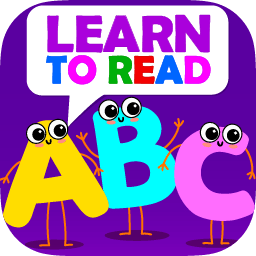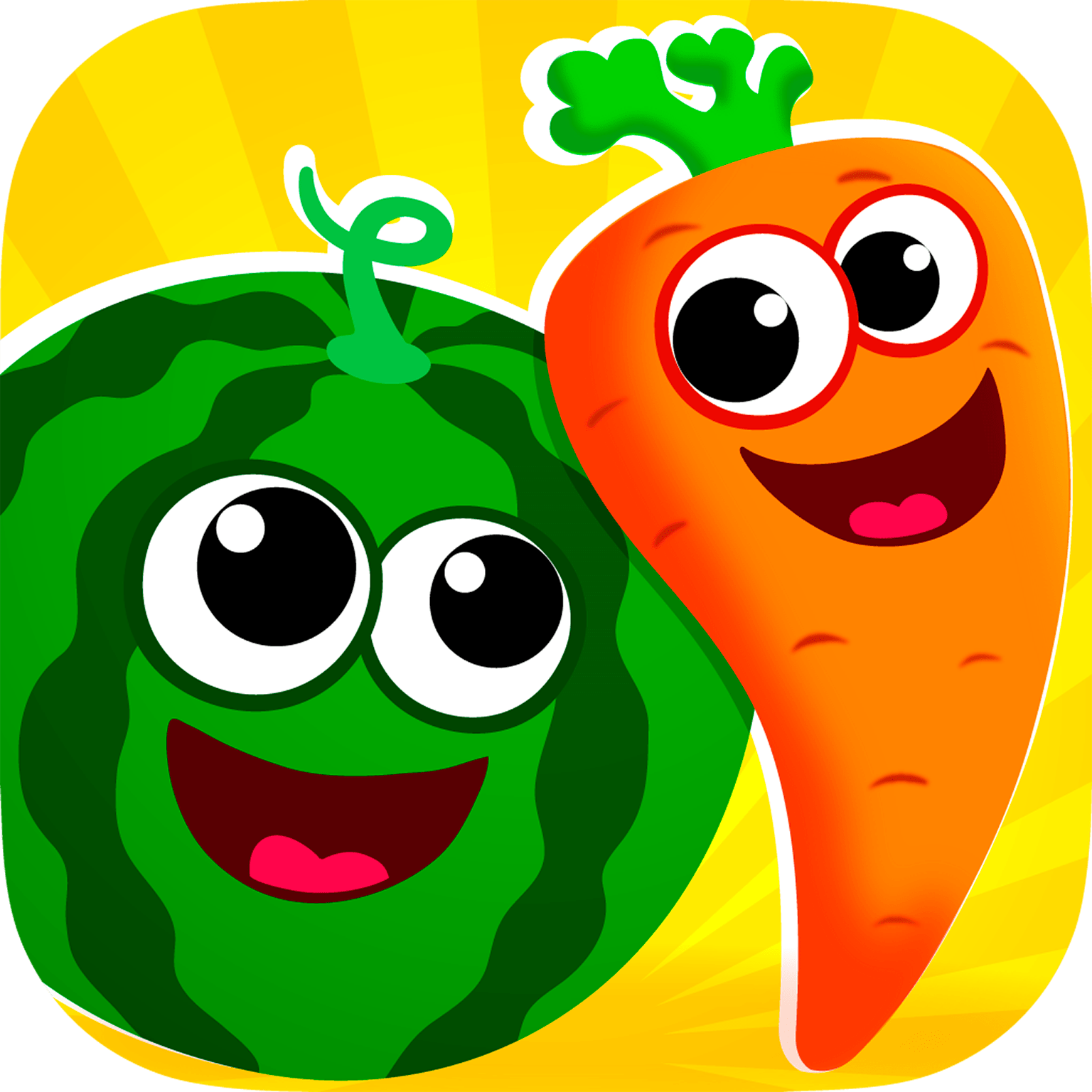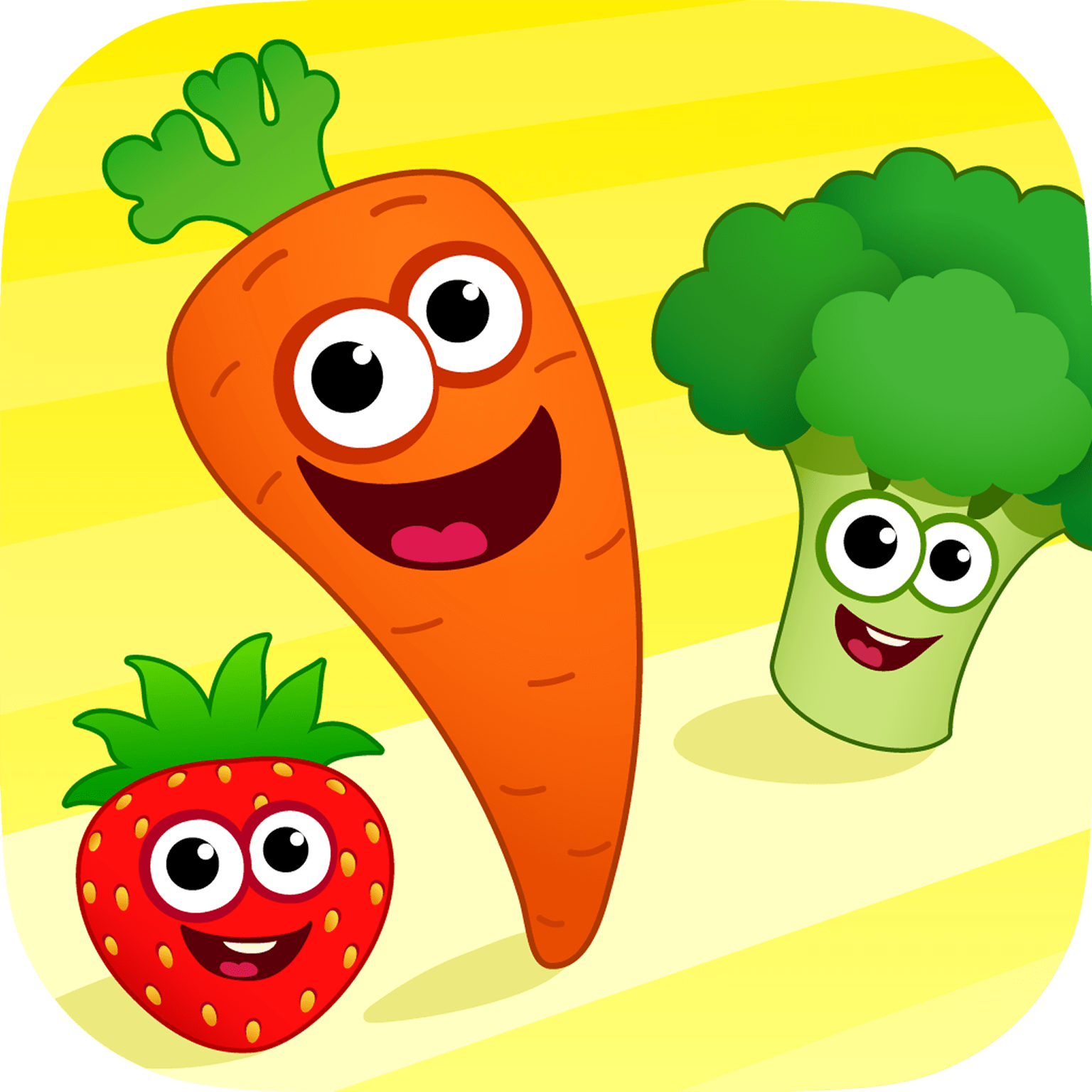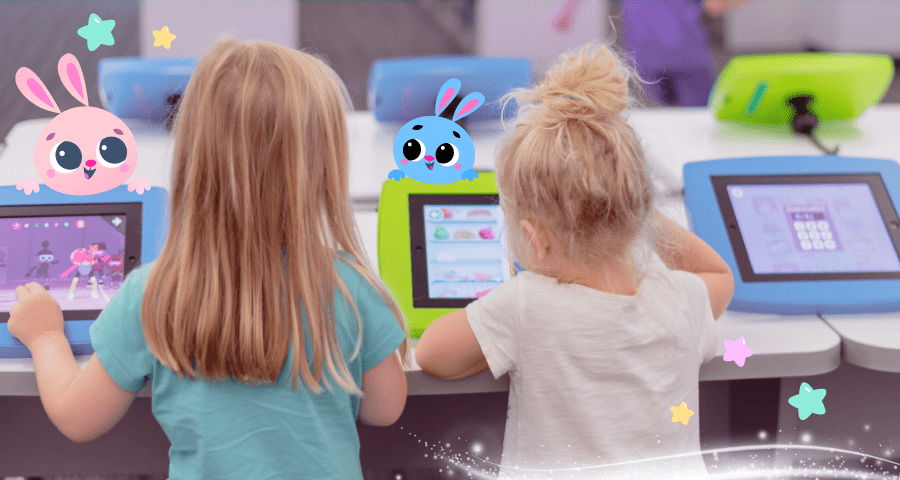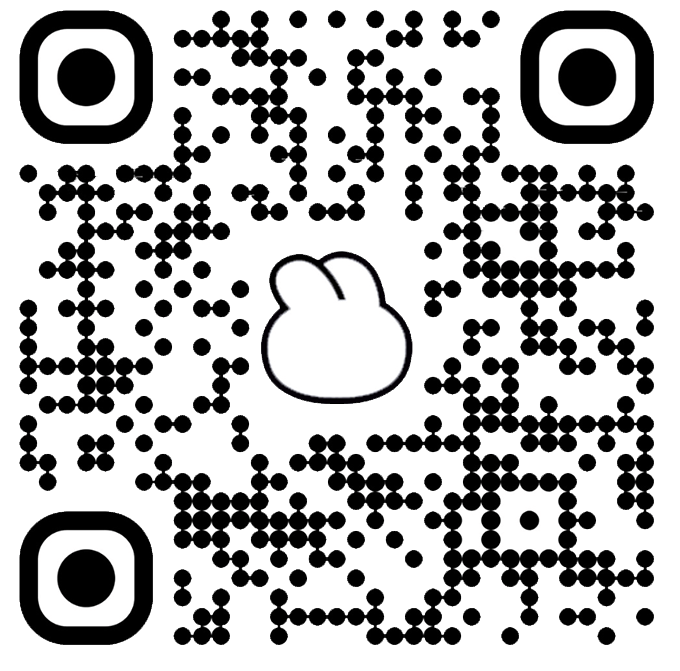Building your child’s language skills doesn’t have to feel like schoolwork! Fun games and everyday activities can turn learning into an adventure. When kids play with words, they naturally pick up new vocabulary, practice sentence-building, and boost their confidence in speaking. Whether at home, outside, or on a rainy afternoon, these playful activities make language learning exciting and effortless.
Why Activities for Language Are the Best for Kid’s Growth
When kids play fun, interactive games, they get to use words and learn through action. These activities help your child:
- Discover new words.
- Build better sentences.
- Feel more confident talking.
- Strengthen their listening and understanding.
- Boost their creativity and imagination.
Let’s dive into five super fun games to boost your child’s language skill!
5 Fun Language Activities for Kids

By using these different activities, you can encourage your child to speak more, develop their language, and have fun at the same time. When you read together and speak aloud, it’s a fun way to build their speech skills while enjoying time together!
1. Word Detective: Find It!
Write down fun words like “soft” or “shiny” on cards. Pick a card and ask your child to find things around the house or outside that match the word.
Example: You pick a card that says “bumpy.” Ask, “Can you find something bumpy?” Your child touches a tree’s bark and says, “This is bumpy!” Then, they spot a pebbled sidewalk and shout, “This is bumpy too!” They’ll love the adventure of finding more things.
Try also this activity: Ask your child to explain why something fits the word. For example, “This rock is bumpy because it has little bumps.”
2. Language Activities: Rhyme Time Game
Pick a word and see how many rhyming words your child can think of. Make up silly rhymes together about toys or snacks.
Example: During snack time, say, “Let’s rhyme with ‘sweet’!” Your child might say, “Neat!” Then, they sing, “This treat is neat, I love to eat!” Soon, you’ll be laughing and creating fun rhymes together.
Try it: Challenge your child to make a rhyme sentence or a short poem. For example, “This treat is neat, I love to eat, it’s a fun little feat!”
3. Story Magic: Make Up a Tale
Go on a walk and turn everything around you into a story! Look for items and pictures of things that inspire fun tales.
Example: On a walk, you see an old tree. Ask, “What do you think this tree has seen?” Your child might say, “Maybe it saw a knight hiding treasure!” They’ll keep adding fun details, like dragons and secret maps. Look at the picture of the tree and let it spark the imagination to build the story!
Try it: Ask your child to tell the story in the past, present, and future. For example, “Yesterday, he was a pirate. Today, he is reading about treasure. Tomorrow, he will go on a new adventure!”
4. Puppet Playtime: Act It Out!
Use stuffed animals or even your hands to make up little plays. Act out scenes from favorite books or create a new story.
Example: At bedtime, your child holds their stuffed bear and says, “Let’s make a story!” You move the bear’s arms and say, “Oh no! Teddy lost his hat!” Your child jumps in: “He needs to find it before bedtime!” Together, you act out Teddy’s adventure with funny voices.
Try it: Give the story a problem your child has to solve. For example, “Bunny finds a map, but it’s missing a piece. How can he find the carrot now?”
5. Silly Choices: Would You Rather?
Ask your child fun “Would you rather” questions to get them thinking and talking.
Example: On a car ride, you ask, “Would you rather have wings or a tail?” Your child laughs and says, “Wings!” “Why?” you ask. “So I can fly to the playground super fast!” The conversation will keep going as they imagine all the fun things they could do with wings.
Try it: Let your child ask their own “Would you rather” questions. Challenge them to give lots of reasons for their answers!
Choose Interactive Language Building Activities!
Looking for more fun ways to build your child’s language skills? Bini Games has exciting educational games that help kids learn new words while playing! From animals to everyday objects, our games make vocabulary-building interactive and enjoyable. Download our apps today and turn language learning into playtime!




